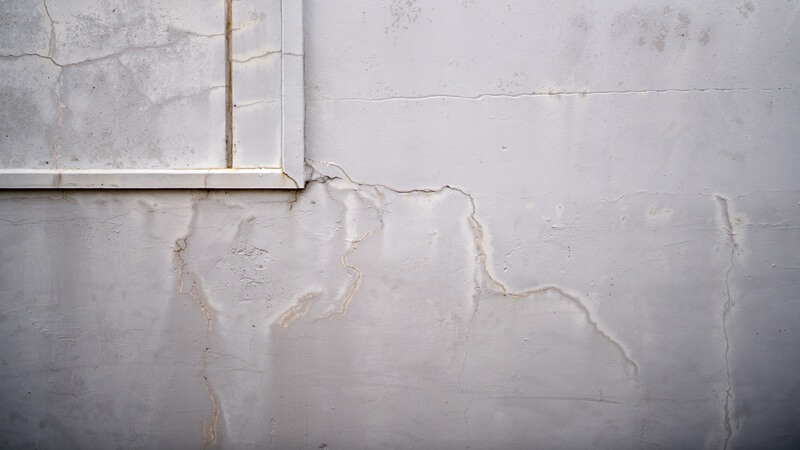Ever had that moment where everything seems fine—until it really, really isn’t? The fridge hums, the faucet drips once or twice, and the air smells just a little off, but nothing feels urgent. Then one morning, there’s water pooling on the basement floor, and your peaceful home is officially a disaster zone.
In cities like Denver, where seasonal swings bring freezing winters and wet springs, homes are put through regular stress tests. Pipes expand and contract. Tree roots stretch underground. And that one weird sound you ignored last week? It might’ve just introduced your kitchen floor to standing water.
Modern homeowners manage more than just porches and thermostats. Quiet systems run the show—until they fail fast, cost a lot, and create chaos. In this blog, we will share the invisible risks that catch homeowners off guard, and how to spot and solve these issues before they spiral into full-blown emergencies.
The Problems You Don’t See Until It’s Too Late
A leaky faucet is annoying. A burst pipe at 2 a.m.? That’s chaos. Hidden threats like mold and wiring issues don’t make headlines—they hide in walls, floors, and forgotten corners. Mold starts as a little moisture or a musty smell before it takes over. That flickering light? It’s not just bad wiring. Small surges and overloaded outlets often go unnoticed until smoke becomes the warning sign.
Now let’s talk about the most quietly destructive threat of all: clogged or damaged drains. This is the kind of problem that builds pressure slowly. Maybe the sink drains a little slower. Maybe the shower gurgles. Then one day, the water refuses to leave. Worse, it comes back.
To prevent that mess, you need a reliable company that specializes in drain cleaning Denver has the best to offer in the form of Roto-Rooter. They don’t just fix the issue. They find the source, clear the buildup, and help homeowners avoid repeat disasters. It’s the difference between a simple appointment and a flooded basement.
Ignoring your plumbing because “it still works” is like ignoring a tire that’s losing air. Sure, you might get a few more miles. But when it blows, it won’t be convenient. What feels minor now can quickly turn into a major disruption.
Why the Fix Is Only Half the Job
It’s easy to think of home emergencies as one-and-done problems. Something breaks, you call someone, and it’s over. But real resilience starts before anything breaks. That’s what separates a house that bounces back from one that spirals into ongoing repair.
Serious homeowners take notes. After a backed-up drain, they don’t just clean up the mess. They install mesh strainers, schedule regular maintenance, and take shorter showers if needed. After a power outage, they ask if their circuit load is balanced or if surge protectors are outdated. Fixing isn’t about going back to how it was. It’s about making it better than before.
This mindset shift is showing up everywhere. Insurance companies now offer discounts for smart home leak sensors. Real estate listings highlight sump pumps and backup generators as selling points. Even appliance makers are building alert systems into dishwashers and water heaters. The market is quietly rewarding homeowners who think ahead instead of reacting at the last minute. In short, prevention is becoming the new standard.
What You Can Actually Do Today
You don’t need to overhaul your house tomorrow. But you can start with three things: awareness, routine, and speed. First, awareness. Walk through your home like you’re seeing it for the first time. Look for moisture, listen for buzzing or gurgling, and sniff around for musty smells. If anything seems slightly off, make a note. Spotting small changes early can save you from major surprises later.
Second, routine. Set reminders to check under sinks, test smoke detectors, and pour a pot of boiling water down your drains once a month. It’s simple, but it works. These small habits catch problems early before they snowball into emergencies.
Third, speed. When something goes wrong, act fast. The longer you wait, the worse it gets. Don’t hope it “works itself out.” Spoiler: it won’t. Quick action can turn a minor issue into a simple fix instead of a full-blown repair nightmare. And when the problem is beyond DIY? Call someone who’s already seen it ten times this week.
Every Home Has Secrets—Yours Just Needs Less of Them
Homes aren’t scary by nature. They’re just complicated. And those quiet systems—your plumbing, wiring, ventilation—they work until they don’t. You don’t have to live in fear, but you do have to stay involved.
Being a smart homeowner isn’t about fixing everything yourself. It’s about knowing when something’s off and doing something about it. Because when it comes to your house, silence isn’t always golden. Sometimes, it’s the calm right before the flood.
